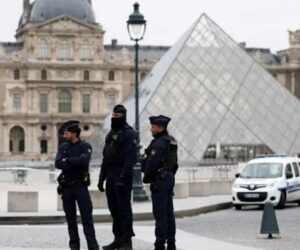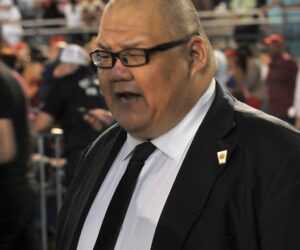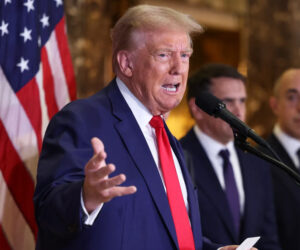US President Donald Trump on Thursday signed an executive order cutting tariffs on Japanese car imports from 27.5% to 15%, in a move set to ease uncertainty for global motor giants such as Toyota, Honda, and Nissan.
The order formalises a landmark trade deal first announced in July, under which nearly all Japanese exports to the US including vehicles and pharmaceuticals will now face a 15% levy. In return, Tokyo has agreed to invest $550 billion (£410 billion) in US projects and open its economy more widely to American goods, including cars and rice.
The White House said Japan has committed to buying $8 billion worth of US goods annually, ranging from agricultural products to fertilisers and bioethanol. Japan will also increase purchases of US-grown rice by 75%, a concession that marks a significant shift in Tokyo’s longstanding protection of its agricultural sector.
Trump described the deal as “massive” when it was first announced, insisting it represents a win-win outcome. “It’s a great deal for everybody. I always say it has to be great for everybody. It’s a great deal,” he told reporters.
Ryosei Akazawa, Japan’s top trade negotiator, welcomed the order with a one-word post “Finally” as he shared the White House announcement.
Cars remain the backbone of Japan’s export-driven economy, accounting for around 20% of its total exports, with the US as its single largest market. Toyota last month warned that Washington’s tariff regime could cost it $10 billion this year, highlighting the high stakes for both economies.
The deal, reached after months of intense negotiations following Trump’s sweeping global tariff hikes in April, underscores the strategic importance of the US-Japan trade relationship at a time of major upheaval in global markets.
Erizia Rubyjeana
Follow us on:








